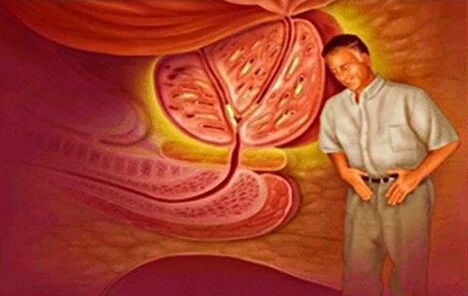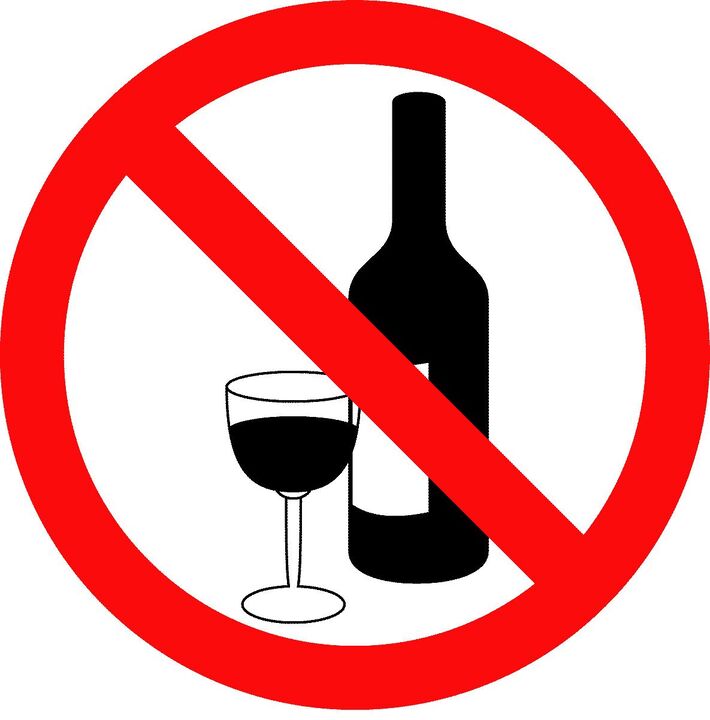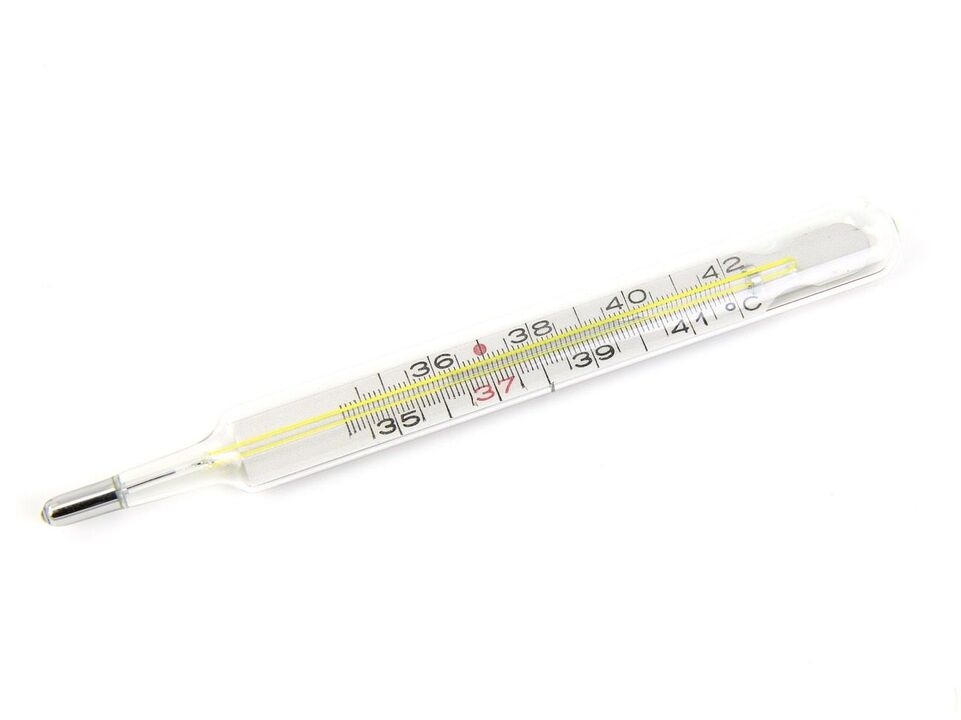
Types of drugs used to treat chronic prostatitis
- Oral preparation.These include tablets and capsules. They differ only in that the latter has a gelatin shell, which contains the drug in powder form, while tablets are characterized by a dense consistency. Both medications can be taken before, during or after meals. Some medicines need to be taken with water.
- Injections or injections.Medications used to treat chronic prostatitis can be given both intramuscularly and intravenously. This ensures that the product works immediately.
- Candle.Their course of treatment lasts from 5 to 10 days, and they also have a large number of positive effects. These include analgesic, antibacterial and anti-inflammatory effects. Suppositories should only be used when the patient is lying on their side; in this position, they will need to lie down for an additional 30 minutes after inserting the suppository. During this time, all substances have time to be absorbed and assimilated.
- Instillation.This treatment is used rarely and usually only while the patient is hospitalized. A catheter is used to inject the medication directly into the urethra, so the procedure should only be performed by experienced medical personnel.
- Micro grouting.Doctors believe that the proposed therapy is not a proven treatment, but a preventive method. Microclysters contain decoctions of herbs with anti-inflammatory properties.
- Anisotropy.These drugs fight infections, which are thought to be the main cause of the disease.
- Pathogenicity.Reduces glandular congestion and suppresses inflammation.
- Have symptoms.They are specifically used to relieve discomfort during illness.
muscle relaxants
alpha blockers
antibiotic
- Cephalosporins.They are used parenterally and have a wide range of applications.
- Macrolides.They differ in that they are non-toxic and do not affect the gut microbiome. Penetrates well into prostate tissue. They are reserve antibiotics so are only used when other groups of drugs are ineffective.
- penicillin.They are characterized by relatively low cost, easy management, and high efficiency. Typically, they are used in cases of intolerance to fluoroquinolones or in the presence of chronic multiorgan disease.
- Fluoroquinolones.They have been shown to be effective and absorb well into prostate tissue.
- Tetracyclines.They have negative properties, including negative effects on the digestive tract.
anti-inflammatory drugs
It is important to remember that the use of each drug and its dosage must be adjusted by the doctor based on the patient's condition and symptoms.
Steroid
nonsteroidal
local remedies
- Medications based on prostate extracts improve urinary excretion and positively influence metabolic processes in the body.
- Morpholine-methyl-triazolyl-thioacetate. Improves the regeneration process of the prostate.
- Propolis. Strengthens the immune system and reduces inflammation. It is a natural beekeeping product.
- Ammonium bitumen sulfonate. It has local anti-inflammatory and analgesic effects.
- However, propolis candles also contain other additives: wax, honey and royal jelly.
- Sea buckthorn oil. You need to use it with caution because in some cases, this product may cause unpleasant reactions such as a burning sensation in the rectum. Has enhanced anti-inflammatory effects.
- In the category of ointments there is a camphor-based product for the drainage of urine and secretions. It is administered rectally using an applicator.
- We cannot forget about suppositories, which are used not only to treat chronic disease processes, but also after surgery.
Principles of correct drug treatment
- First, an examination is performed, during which it is necessary to find out the type of microbiota that causes prostatitis.
- A study is ongoing regarding sensitivity to certain groups of drugs. The correct choice of medication is already half the success of treatment.
- For further treatment, not only the most effective but also the safest treatment method should be selected.
- The treatment method and dose are selected based on the examination results and the patient's physical characteristics. Self-prescribing medications, especially suppositories, is strictly not recommended.
- Once a course is prescribed, it must start on the same day. The course of treatment is chosen based on the patient's health condition and must be followed strictly. Deviations from the drug regimen are prohibited, as they can slow down progression or even lead to the reverse course.
- During the treatment process, don’t forget to conduct timely examinations and tests. This is only necessary so that you can observe the dynamics of the disease and adjust the intake of the drug.


- Beware of hypothermia, especially in the feet, lower back, scrotum, and penis.
- Avoid high temperatures, which can accelerate the spread of infection and bacteria throughout the body.
- Quit drinking and smoking.
- Maintain a proper diet. The diet should be balanced and healthy.
Contraindications to drug therapy
- Antibiotic intolerance.Each organism has its own characteristics, so if someone in your environment tolerates a certain antibiotic calmly, that doesn't mean your body will react the same way.
- Concomitant diseases.These include liver and kidney disease and diabetes. With such a disease, special care needs to be taken when choosing the right medication.
- allergic reaction.During the trial, it is checked whether the drug causes allergic reactions. If you do this, it will only make the patient's condition worse. It is important to note that allergic reactions may occur not only to one drug, but also to several classes of substances.
- It is also important to change medications during several courses of treatment.If the drug helped last time, you must switch to another drug this time, otherwise the treatment may not be effective enough.

- epilepsy;
- High body temperature, above 38, if accompanied by fever;
- Renal Failure;
- Cardiovascular diseases;
- Respiratory system dysfunction;
- The presence of malignant tumors - this may lead to accelerated growth of cancer cells, which may subsequently lead to worsening of the patient's health;
- Anemia or bleeding tendency.




































